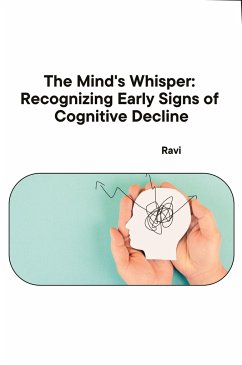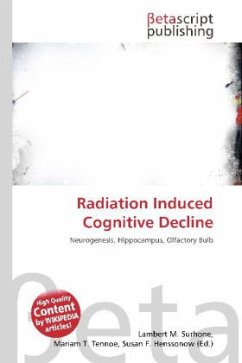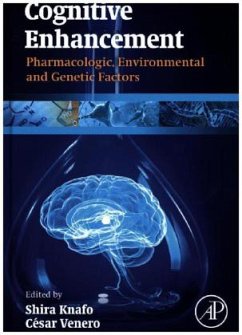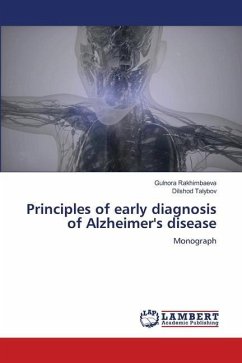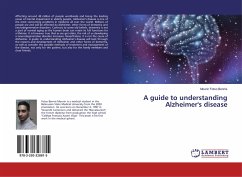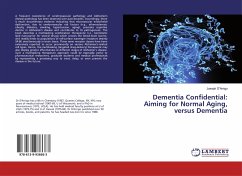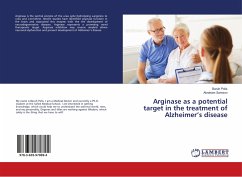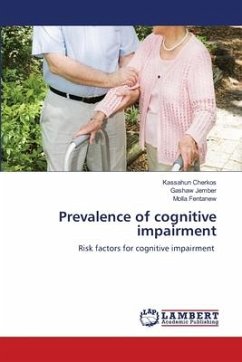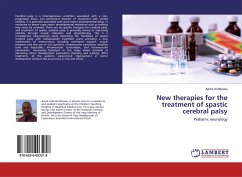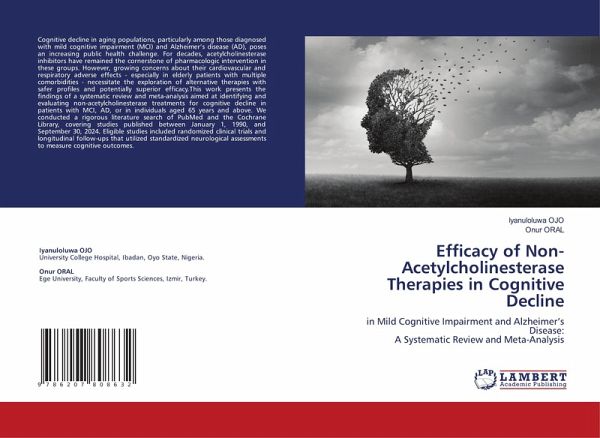
Efficacy of Non-Acetylcholinesterase Therapies in Cognitive Decline
in Mild Cognitive Impairment and Alzheimer's Disease: A Systematic Review and Meta-Analysis
Versandkostenfrei!
Versandfertig in 6-10 Tagen
29,99 €
inkl. MwSt.

PAYBACK Punkte
15 °P sammeln!
Cognitive decline in aging populations, particularly among those diagnosed with mild cognitive impairment (MCI) and Alzheimer's disease (AD), poses an increasing public health challenge. For decades, acetylcholinesterase inhibitors have remained the cornerstone of pharmacologic intervention in these groups. However, growing concerns about their cardiovascular and respiratory adverse effects - especially in elderly patients with multiple comorbidities - necessitate the exploration of alternative therapies with safer profiles and potentially superior efficacy.This work presents the findings of a...
Cognitive decline in aging populations, particularly among those diagnosed with mild cognitive impairment (MCI) and Alzheimer's disease (AD), poses an increasing public health challenge. For decades, acetylcholinesterase inhibitors have remained the cornerstone of pharmacologic intervention in these groups. However, growing concerns about their cardiovascular and respiratory adverse effects - especially in elderly patients with multiple comorbidities - necessitate the exploration of alternative therapies with safer profiles and potentially superior efficacy.This work presents the findings of a systematic review and meta-analysis aimed at identifying and evaluating non-acetylcholinesterase treatments for cognitive decline in patients with MCI, AD, or in individuals aged 65 years and above. We conducted a rigorous literature search of PubMed and the Cochrane Library, covering studies published between January 1, 1990, and September 30, 2024. Eligible studies included randomized clinical trials and longitudinal follow-ups that utilized standardized neurological assessments to measure cognitive outcomes.



